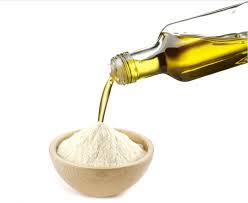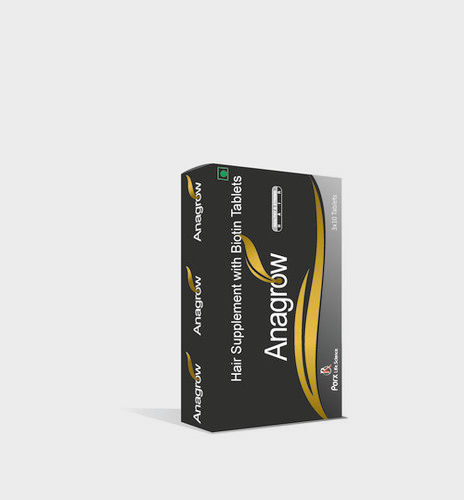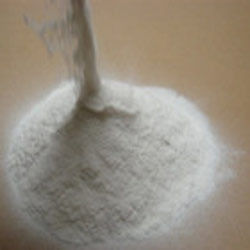
ALGAE OIL PROTEIN
Product Details:
- Efficacy Feed Preservatives Promote Nutrition
- Shelf Life 18 Months
- Ingredients PROTEIN,AMINO ACID,MULTIVITAMINS AND MULTI MINERAL,ANTIOXIDANTS
- Function Increase Immunity
- Dosage 2
- Dosage Guidelines With Milk
- Dosage Form Powder
- Click to View more
ALGAE OIL PROTEIN Price And Quantity
- 1000 Box
- 550 INR
- 300.00 - 550.00 INR
ALGAE OIL PROTEIN Product Specifications
- PROTEIN,AMINO ACID,MULTIVITAMINS AND MULTI MINERAL,ANTIOXIDANTS
- Powder
- Feed Preservatives Promote Nutrition
- NORMAL
- Increase Immunity
- With Milk
- 2
- 18 Months
ALGAE OIL PROTEIN Trade Information
- MUMBAI
- Cash in Advance (CID)
- 1000 Box Per Day
- 30 Days
- Yes
- Within a certain price range free samples are available
- CUSTOMIZED
- Western Europe Australia North America Eastern Europe Africa Central America Middle East South America Asia
- Dadra and Nagar Haveli Jammu and Kashmir Manipur Meghalaya Uttarakhand South India Central India North India East India West India Andaman and Nicobar Islands Andhra Pradesh Assam Arunachal Pradesh Bihar Chhattisgarh Chandigarh Delhi Daman and Diu Gujarat Pondicherry Goa Haryana Himachal Pradesh Karnataka Kerala Madhya Pradesh Maharashtra Mizoram Nagaland Punjab Rajasthan Sikkim Tamil Nadu Telangana Tripura West Bengal Lakshadweep Uttar Pradesh Odisha Jharkhand All India
- ISO 22000 2005,WHO/GMP,HACCP,HALAL,FSSAI
Product Description
Abstract: Some algae, particularly blue-green and green algae, contain very high levels of protein, typically 40 to 60% (of dry matter), that can be used as functional food ingredients. Algal proteins possess a high nutritional value in terms of protein content, amino acid quality and nutritional acceptability If you have not tried algae protein, it is time to consider the benefits of adding it to your diet. Algae supplements appear to be similar to fish supplements. Data indicate that supplementing between 1 and 2 grams of algae oil per day significantly elevates blood levels of DHA and EPA. This dose may also help to lower blood triglycerides, raise HDL, control inflammation, and lower blood pressure and heart rate. Algae also need water and they find their nutrients in the water. Their nutrients are carbon, oxy- gen, phosphorus and nitrogen. ... Algae make their own energy by using: Sunlight + Carbon Dioxide + Water + Chlorophyll Glucose + Oxygen.

 English
English Spanish
Spanish French
French German
German Italian
Italian Chinese (Simplified)
Chinese (Simplified) Japanese
Japanese Korean
Korean Arabic
Arabic Portuguese
Portuguese



